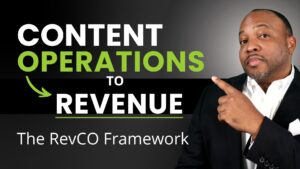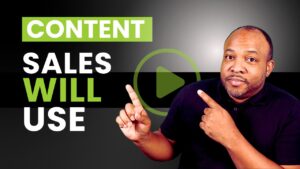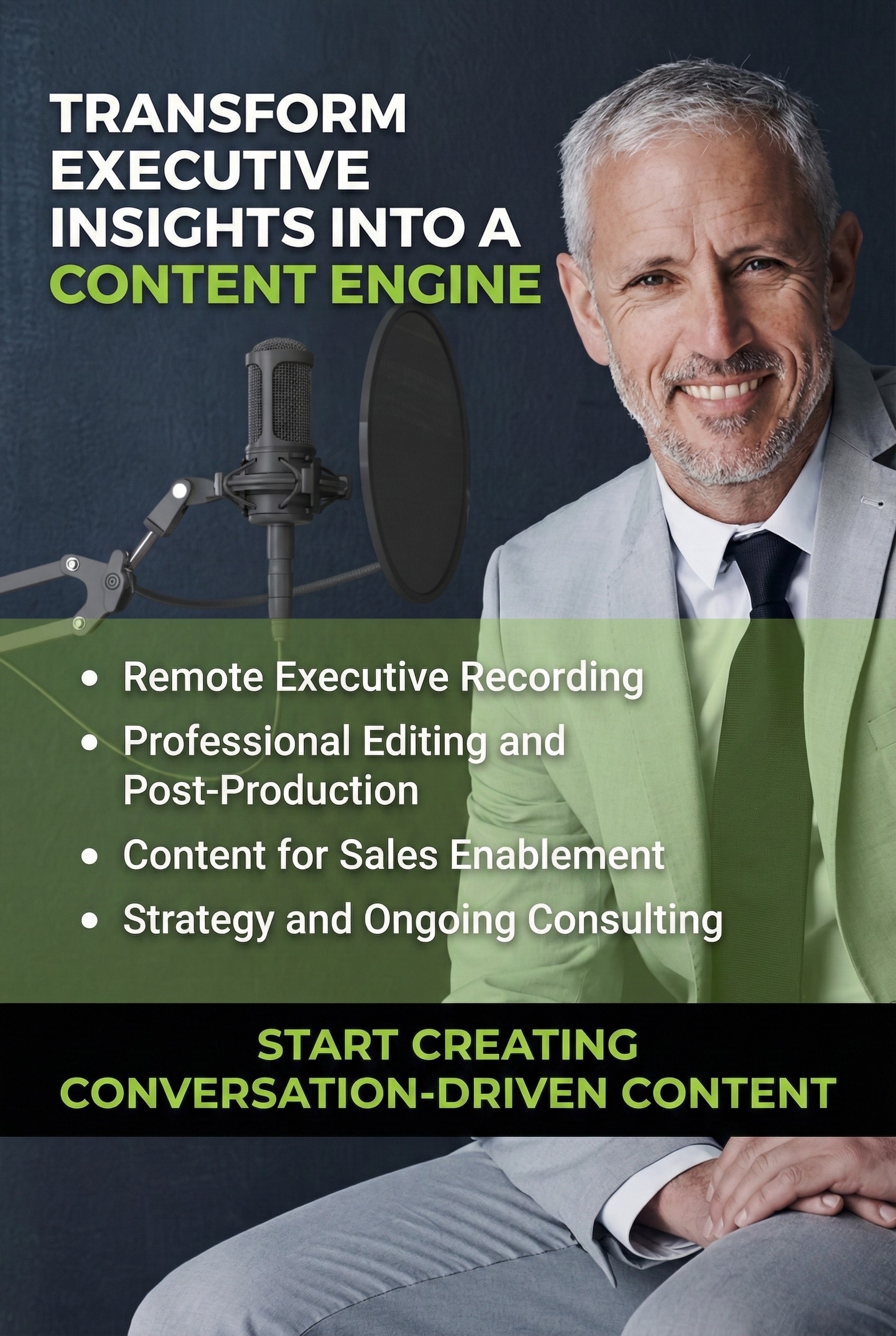A business podcast is an incredibly useful marketing tool for companies of all shapes and sizes. In some aspects, particularly relating to traditional vs. digital marketing, you can think of it as an alternative to a radio show.
When it comes to the benefits that a business podcast can generate, it will help you increase your reach and audience. Podcasts are inexpensive and quick to create. They provide your listeners with a steady stream of informative and entertaining content.
It’s a perfect medium to build trust, as well as increase your brand’s awareness and reputation. Besides, business podcasts are also a great place to promote your products and services without appearing too salesy. With the right kind of content and consistency, a business podcast can become a core element of your digital marketing strategy with a high ROI.
As of 2018, there are over 525,000 active podcast shows, with over a quarter of all Americans listening to at least one regularly. Of the roughly 73 million Americans podcast listeners, 16 million see themselves as “avid podcast fans.”
Plus, 17% of marketers are planning to introduce podcasts into their marketing efforts in the foreseeable future. And if you’re planning to do the same, here are eight things you need to start a podcast for your business, beyond just the equipment.
1. Consistent Content Topics
Business podcasts need to provide information about trends and developments in your industry that’s useful to your audience. Regardless of your extensive knowledge on the topic, you should always do thorough research. Make a habit of inviting experts and thought leaders as guests.
Most importantly, however, you will need to strategize the format for the show. While every episode should have a loose conversation feel to it, this doesn’t mean that you should “wing it.” Make sure that all the talking points are laid out and that the discussion has a position to make.
Lastly, create a production schedule and stick to it. Be it once a week, once every two weeks, or once a month, your audience needs to know when you will return with new material. Even if many will not listen to it live, they will still need this information. Otherwise, you risk losing their interest. Consistency is key!
2. Time to Record (On a Regular Basis)
Even though this might seem obvious, many don’t give this step the consideration it needs. And as a consequence, they usually never set aside the necessary time to do the recording. A 30-minute show will need more than just 30 minutes of recording – and that’s without taking into account the editing.
Between greeting your guests, going through all the talking points, and the actual recording, itself, you’re looking at upwards of an hour and a half, maybe more. Make sure to set aside this time and not feel compelled to rush the process.
3. A Place to Record Good Sound
The quality of your audio can make or break your business podcast. Aside from the equipment used, you also need to consider your recording environment. Keep in mind that the size and the objects in the room will affect the ambient noise that’s generated.
The general rule of thumb is that hard objects and surfaces (tile floors, glass panel walls, desks, etc.) will amplify the amount of reverb and echo. Soft objects and surfaces (carpets, couches, foam insulation, etc.), on the other hand, will absorb it. Another aspect to keep in mind is the air movement.
Space heaters, AC, an open window, or even a computer fan can hurt the sound’s overall quality. It’s best to have a room prepared or dedicated for your podcast, or use an on-demand recording studio.
4. Your Recording Method
When it comes to the actual recording method, you can either choose to invest in equipment or use an online producer. Online producers are generally a better and more cost-effective option.
They have experience in the field and will take up more of the responsibilities that go into your business podcast. They can help create and maintain the creative vision of the podcast, oversee the production, coordinate interviews, etc.
If you chose to go at it alone, visit our Amazon Affiliate page for some of our suggested equipment.
5. The Post-Production Producer
Post-production involves a lot of aspects such as editing, mixing, and mastering the recorded content to create cohesive episodes. In some cases, this may require incorporating news clips, adding music transitions, and other such elements that add to the narration. For all of these, you will need a producer that can, either do these things themselves or oversee the production team and make sure that everything is in order.
6. The Hosting Service
Another aspect of podcasting that very few businesses pay attention to is their hosting service. Even though your website and iTunes will be the main places your audience will go to listen to your business podcast, these are not where they will be hosted. We should mention that you can host your podcast on your website, but it’s not recommended.
In any case, the way to do it is by using a media host. You can look at your website as the shopfront for your business podcast, iTunes as a catalog that lists your episodes, and the media host as the warehouse where all of them are being stored and delivered from.
7. Your Business Podcast Promotion Strategy
Like we said in the beginning, there are well over 500,000 podcasts already in existence today. Gaining a following will not happen overnight, particularly if you don’t have a promotion strategy to move things along.
You should use your social platforms, email marketing, and online advertising to spread the word. Giveaways and partnerships with larger brands will also help. Make it easy for your guests to spread your podcast around by sending them an email containing all ready-made social media posts and captions.
8. The Website Blogroll for the Podcast
Even if the bulk of your audience will come through iTunes, Soundcloud, or other such sources, you will also need to have your business podcast on your website. One option here is to create a separate page for your podcast that lists all the episodes. But for easier access, shareability, and better retention rates, consider incorporating a blogroll.
It is usually a sidebar that lists all of your podcast episodes in chronological order. Users will not have to scroll through the podcast page to look for the event they want. They can click on it in the blogroll.
Though this list is not exhaustive, it depicts some of the essential elements needed for a successful business podcast.
Want to learn more? Talk to a professional Content Monsta!

Content Monsta is a participant in the Amazon Services LLC Associates Program, an affiliate advertising program designed to provide a means for sites to earn advertising fees by advertising and linking to Amazon.com. We only list items that we believe in, however, commissions may be earned from the links below.
- Why Your Content Marketing ROI Looks Weak (And How to Fix It with RevCO)Marketing leaders believe content marketing matters. That part is rarely the …
- How the READY Framework Turns Content Into Sales Enablement That Drives RevenueIf you’ve ever created polished marketing content and watched it fall …
- The SAUCE Framework For Better Content MarketingMy niece has been one to keep a hot sauce bottle …






